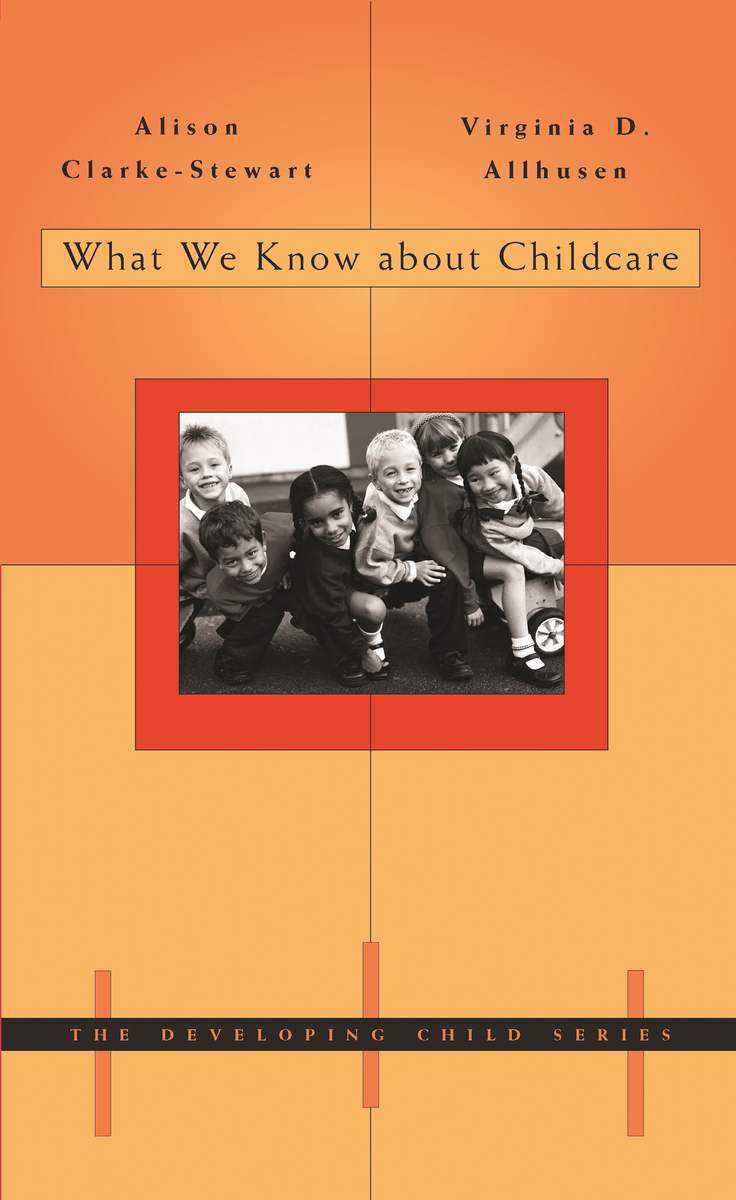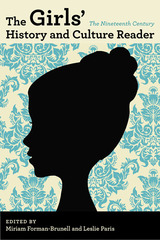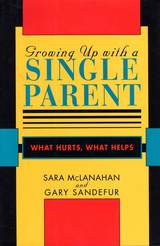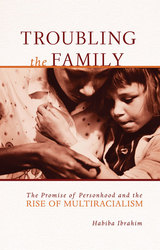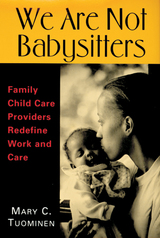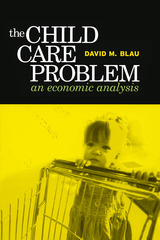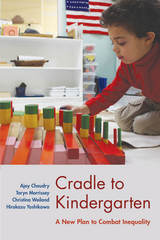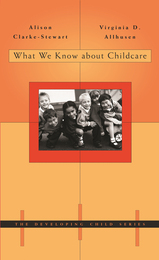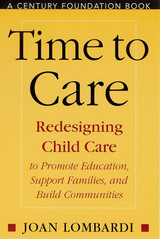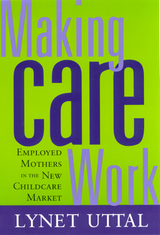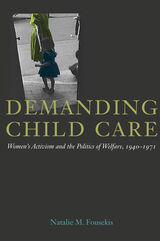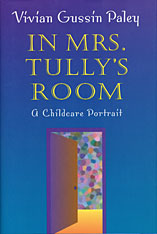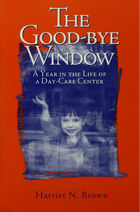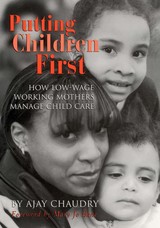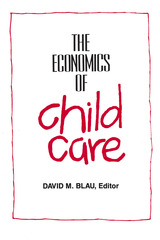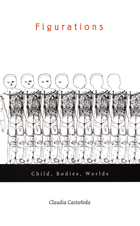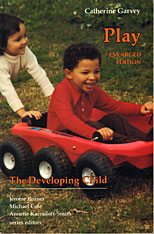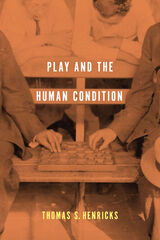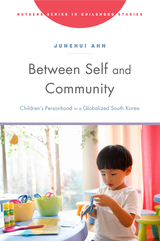Cloth: 978-0-674-01749-8 | eISBN: 978-0-674-27149-4 (ePub) | eISBN: 978-0-674-27148-7 (PDF)
Library of Congress Classification HQ778.63.C583 2005
Dewey Decimal Classification 362.7120973
Nearly three-quarters of American mothers work full- or part-time--usually out of financial necessity--and require regular child care. How do such arrangements affect children? If they are not at home with their mothers, will they be badly behaved, intellectually delayed, or emotionally stunted?
Backed by the best current research, Alison Clarke-Stewart and Virginia Allhusen bring a reassuring answer to parents' fears and offer guidance for making difficult decisions. Quality child care, they show, may be even more beneficial to children than staying at home. Although children who spend many hours in care may be unruly compared with children at home, those who attend quality programs tend to be cognitively ahead of their peers. They are just as attached to their mothers and reap the additional benefits of engaging with other children.
Ultimately, it's parents who matter most; what happens at home makes the difference in how children develop. And today's working mothers actually spend more time interacting with their children than stay-at-home mothers did a generation ago.
See other books on: Child | Child care | Child development | Developmental | Parenting
See other titles from Harvard University Press
